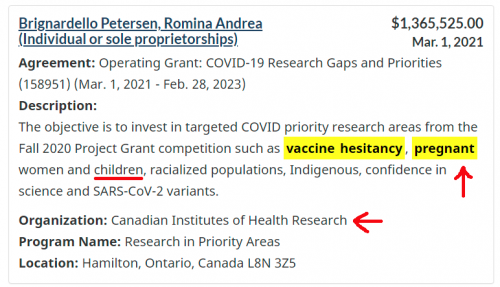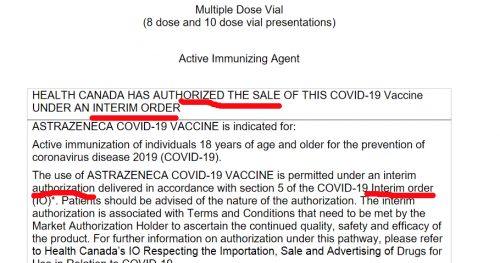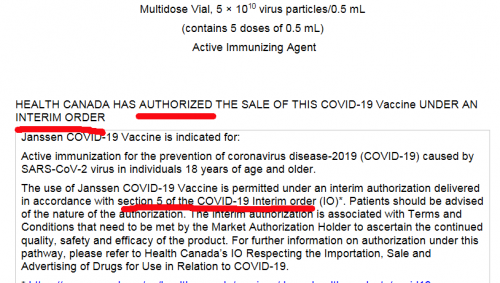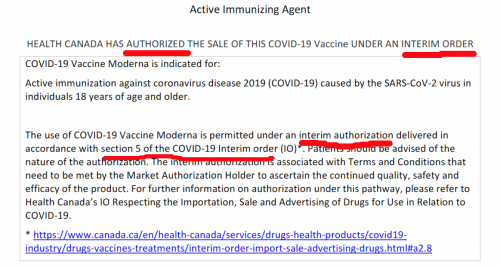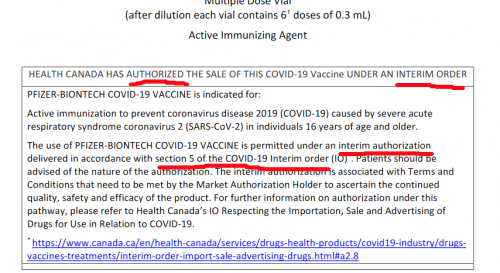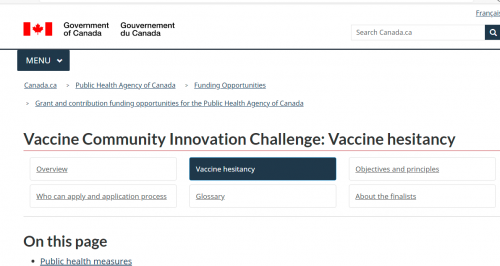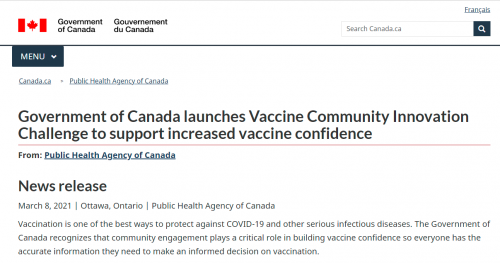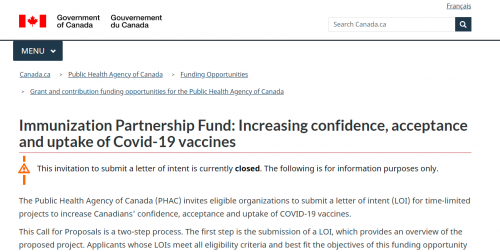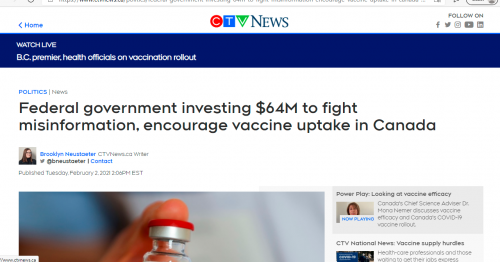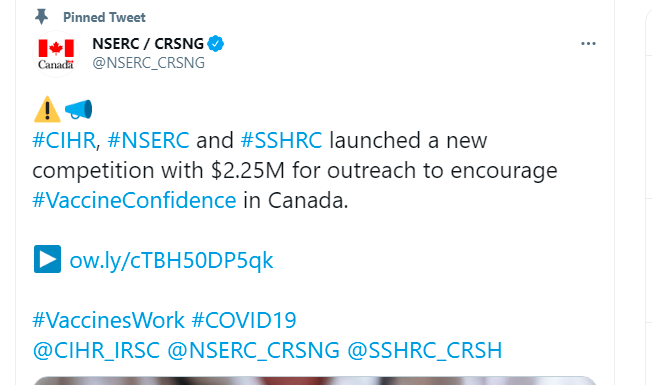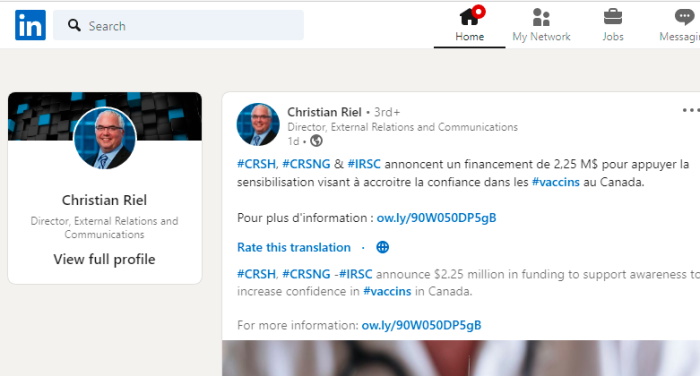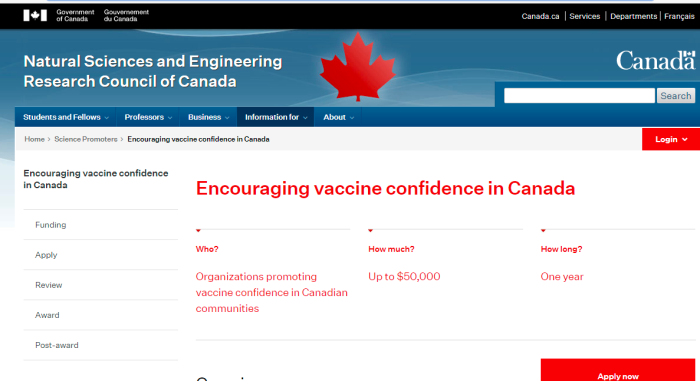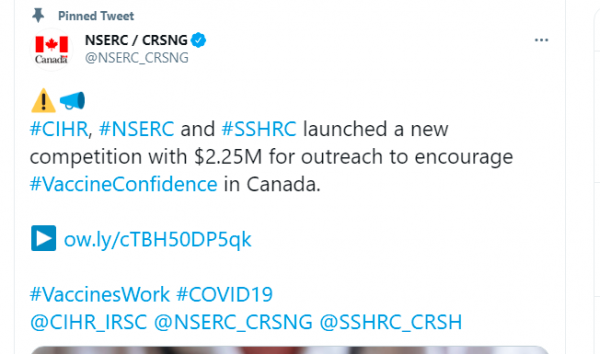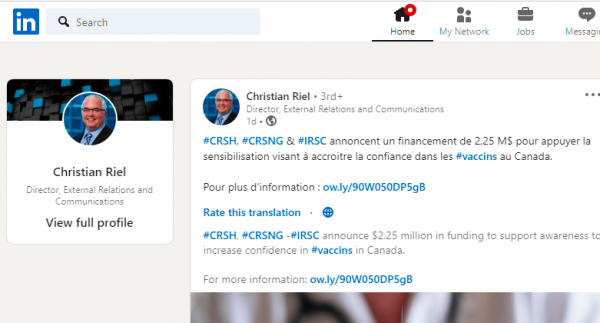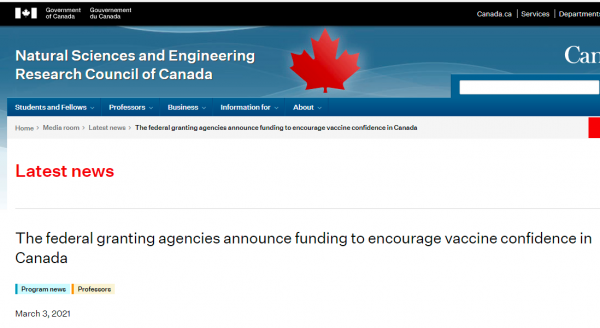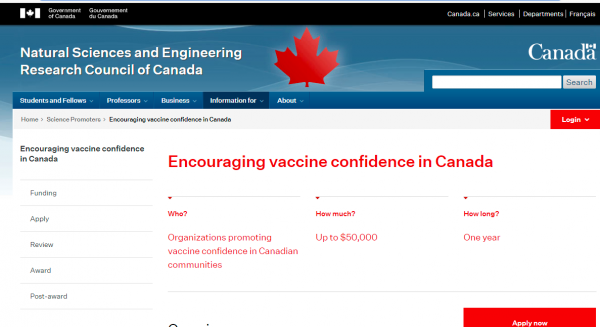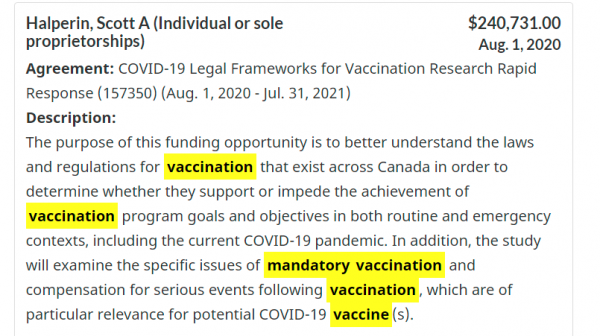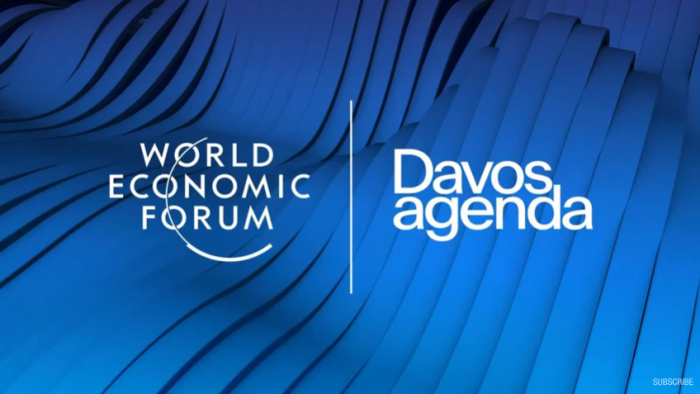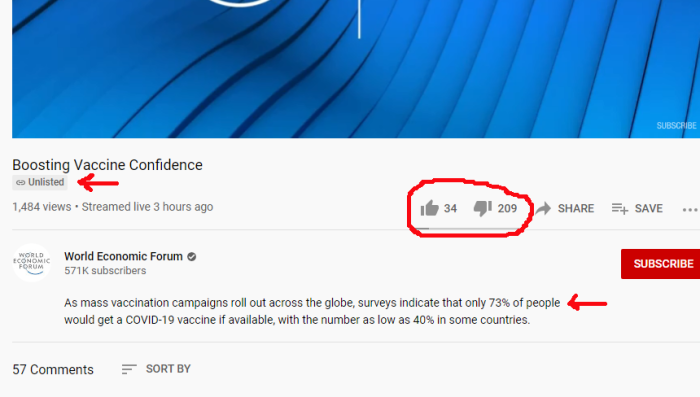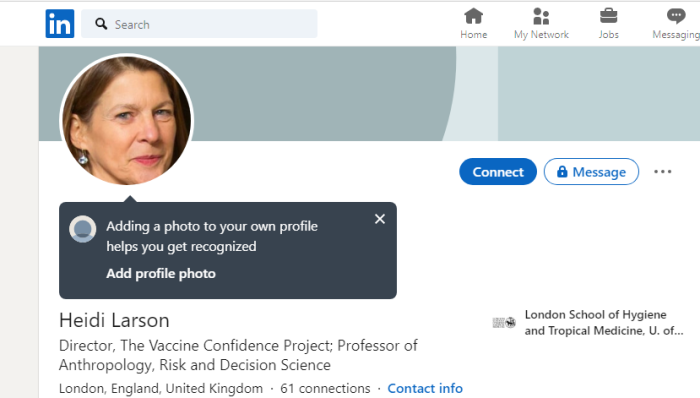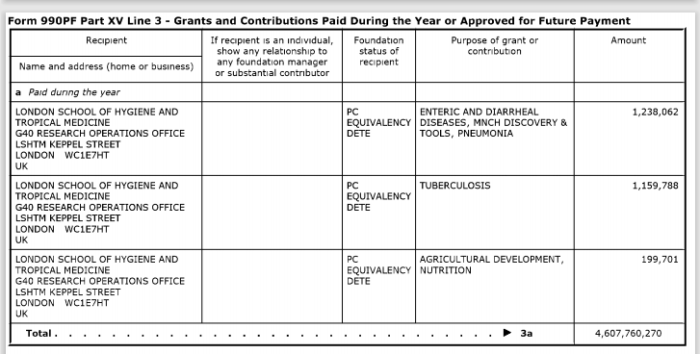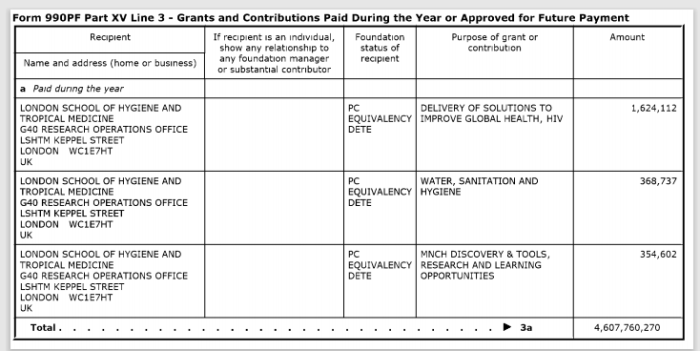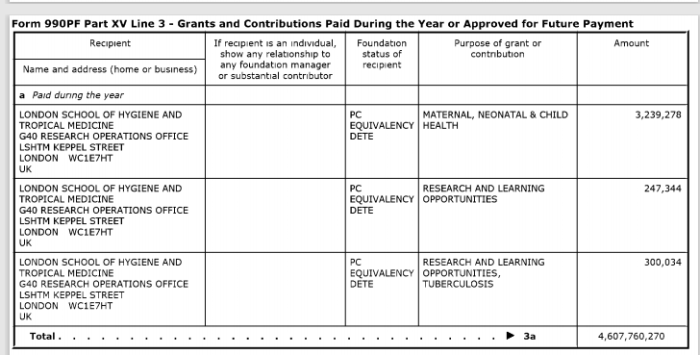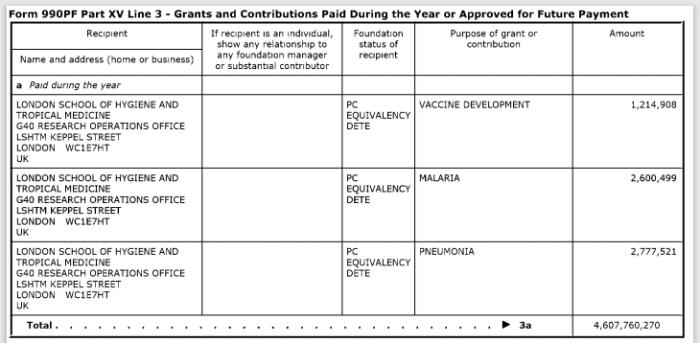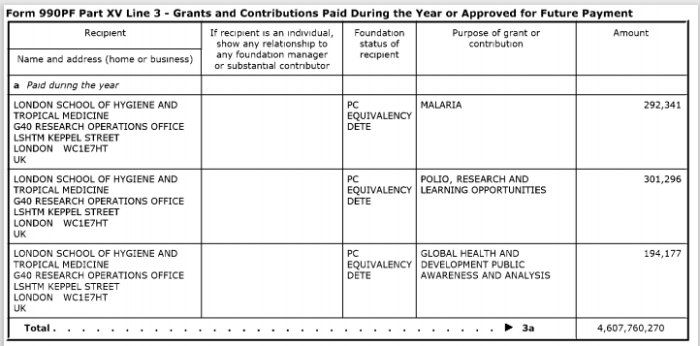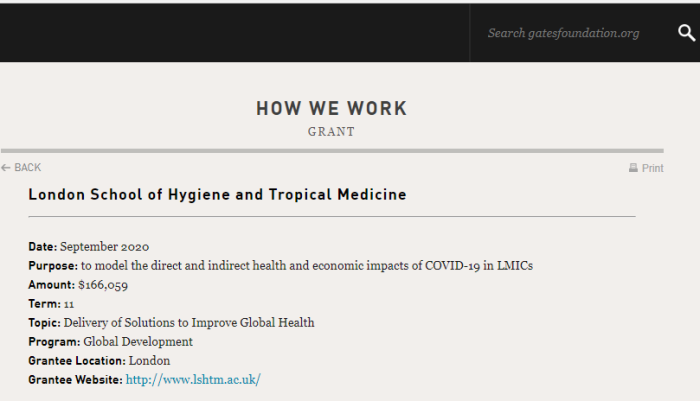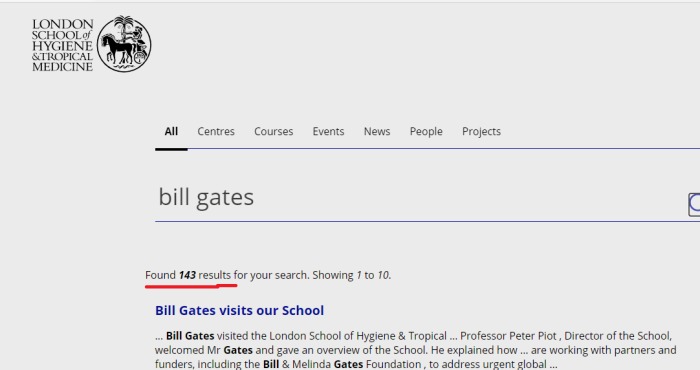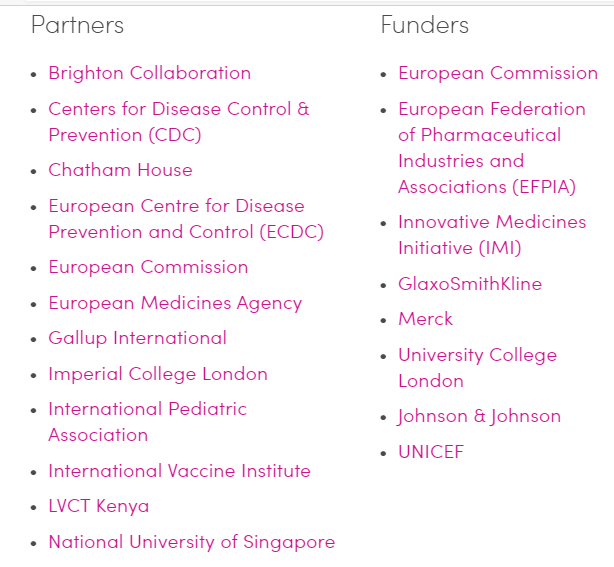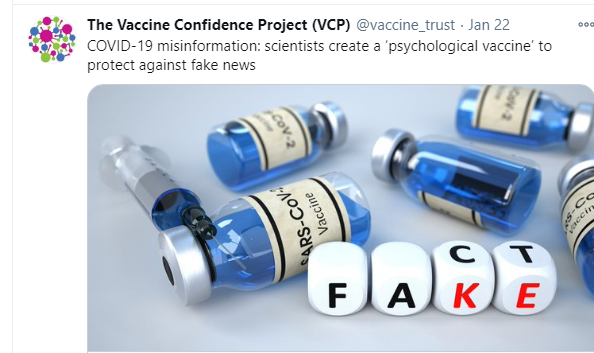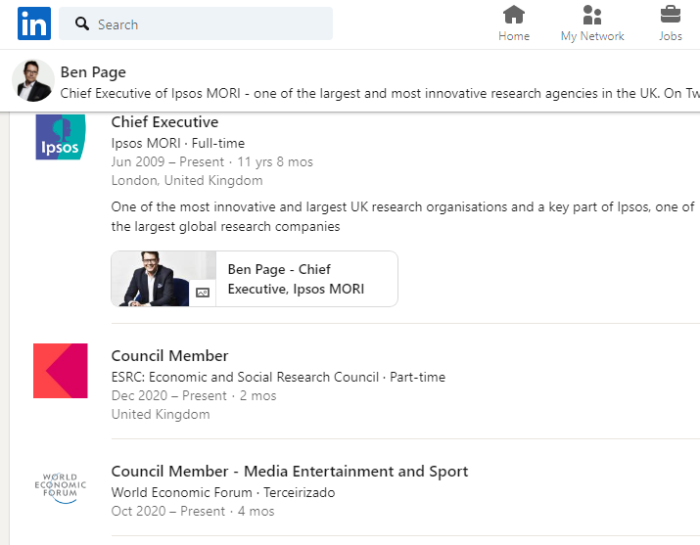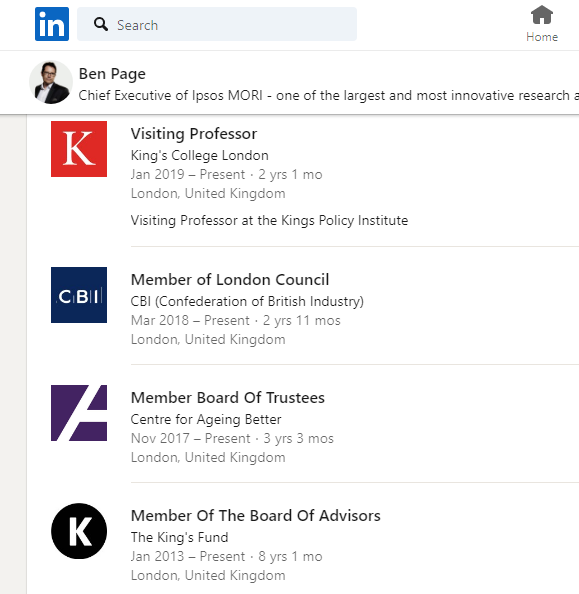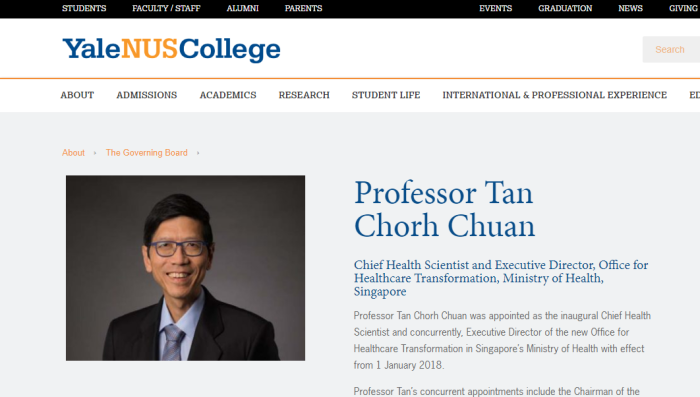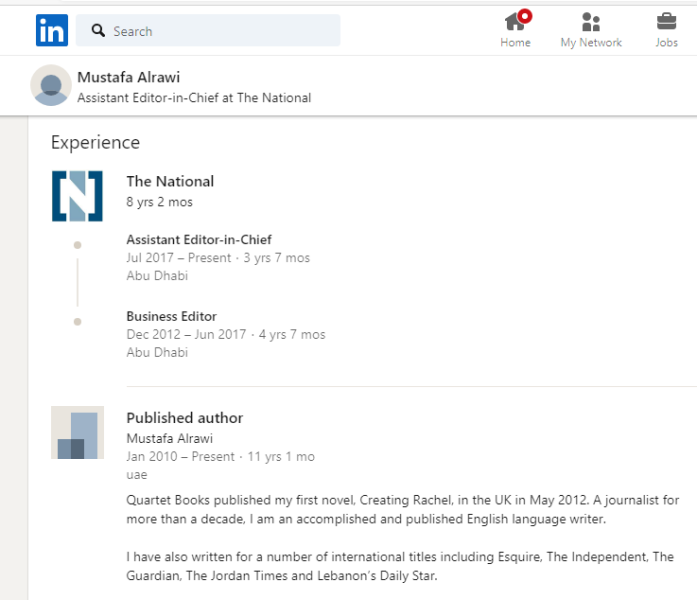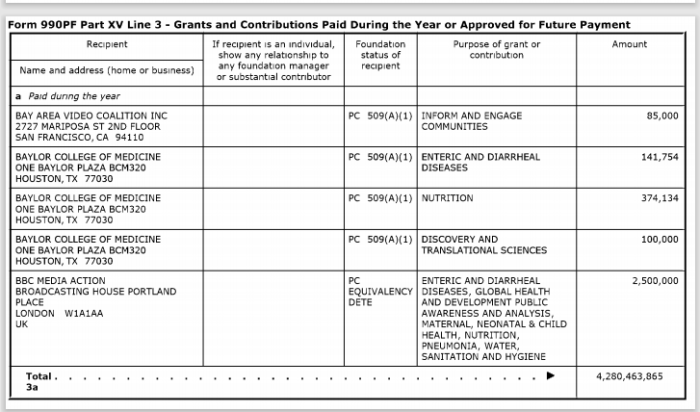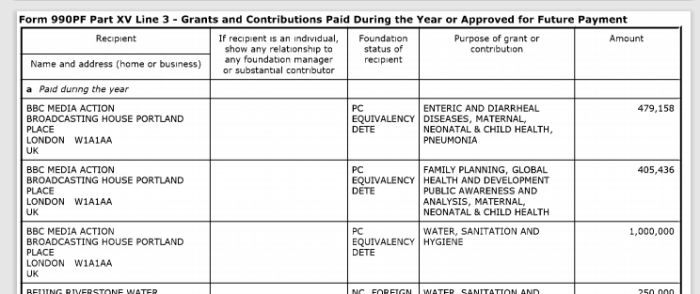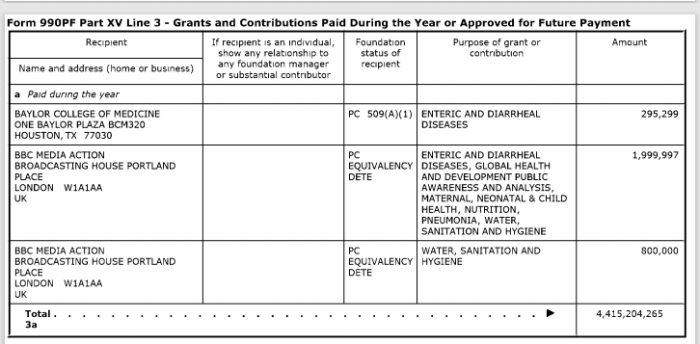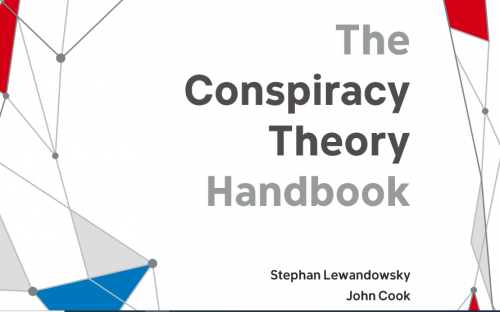
Yes, there was an actual conspiracy theory guide published in March 2020. Now, that date shouldn’t raise any suspicions whatsoever. This publication comes across as a form of gaslighting, cloaked in fake empathy and understanding.
At first glance, this small book may be dismissed as trolling or satire. However, the authors are very serious, and have put considerable effort into this publication. It’s also very interesting that such a publication can be put out with little to no concern for the consequences. Can you imagine a skeptic who questioned climate change publishing something similar to this?
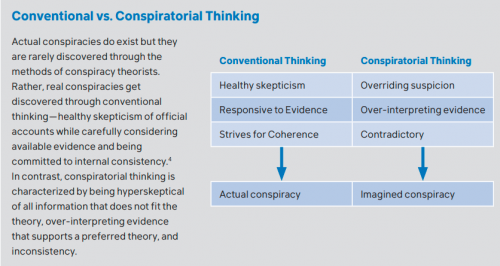
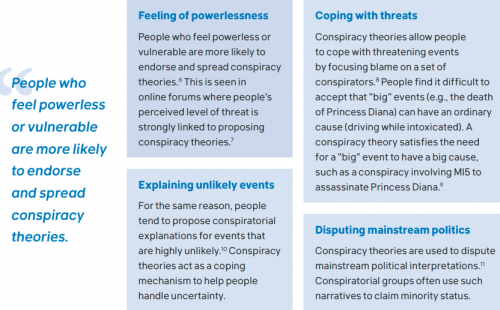
Apparently people who feel vulnerable are spreading conspiracy theories. It can also be seen as a way to be contrarian in political circles. Instead of recommending that the truth be investigated, people seeking truth can be dismissed for a variety of reasons.
There is also a good deal of projection here. Many so-called “conspiracy theorists” are in fact searching for truth, and trying to make logical sense of what is going on. In the case of the (alleged) pandemic, it’s public figures and the media who keep shifting the goal posts. Also, this site has covered in great detail the amount of financial subsidies that mainstream outlets receive.
Conspiracy theories aren’t always the result of genuinely held false beliefs. They can be intentionally constructed or amplified for strategic, political reasons. For example, there is evidence that the Russian government recently contributed to the spread of various political conspiracy theories in the West.
Conspiracy theories may be deployed as a rhetorical tool to escape inconvenient conclusions. The rhetoric of climate denial is filled with incoherence, such as the simultaneous claims that temperature cannot be measured accurately but global temperatures have declined. Incoherence is one attribute of conspiratorial thinking, but it does not follow that climate denial is irrational—on the contrary, denialist rhetoric is an effective political strategy to delay climate action by undermining people’s perception of the strength of scientific evidence.
In confirmation, people selectively appeal to a conspiracy among scientists to explain away a scientific consensus when their political ideology compels them to do so—but not when the scientific consensus is of no relevance to their politics.
Prebunking
If people are preemptively made aware that they might be misled, they can develop resilience to conspiratorial messages. This process is known as inoculation or prebunking. There are two elements to an inoculation: an explicit warning of an impending threat of being misled, and refutation of the misinformation’s arguments. Prebunkings of anti-vaccination conspiracy theories have been found to be more effective than debunking.
This is a way to preempt a person from asking logical questions. If you implant the idea in their heads, any doubts that might later occur may seem like conspiracy theories setting in.
Source-based and empathy-based debunking
Source-based debunking attempts to reduce the credibility of conspiracy theorists whereas empathy-based debunkings compassionately call attention to the targets of conspiracy theories. A source-based debunking that ridiculed believers of lizard men was found to be as effective as a fact-based debunking. In contrast, an empathy-based debunking of anti-Semitic conspiracy theories that argued that Jews today face similar persecution as early Christians was unsuccessful
When all else fails, a little emotional manipulation can do the trick. Think of how the targets of your theories may feel. Never mind the truth or accuracy of such suspicions.
Trusted messengers
Counter-messages created by former members of an extremist community (“exiters”) are evaluated more positively and remembered longer than messages from other sources.
Another technique is to recruit people who used to believe (or claim to have believed) in a conspiracy theory before. Apparently they entire thing comes across as more trustworthy this way. This may explain why crisis actors and “reformed” people are all the rage. They can conjure up a good narrative.
Show empathy
Approaches should be empathic and seek to build understanding with the other party. Because the goal is to develop the conspiracy theorist’s open-mindedness, communicators must lead by example.
Have to love the approach here. Let’s pretend to show an understanding with another person, which having already written them off as conspiracy nuts.
An astute reader will notice that these authors don’t really suggest that conspiracy theories get fact checked, and that people work out their accuracy for themselves. Instead, we have a variety of techniques to be employed to plant seeds of doubt in people’s minds
Perhaps we can take something from this. Since we know (in broad strokes) what techniques will be employed, it should become easier to counter them.
(1) https://www.climatechangecommunication.org/wp-content/uploads/2020/03/ConspiracyTheoryHandbook.pdf
(2) Conspiracy Theory Handbook

